This pub stands in the shadow of St Mary’s, one of Dover’s main parish churches for more than 400 years. The church was totally rebuilt in 1843, except for the tower, which has the eight bells, giving this pub, part of the former Metropole Hotel, its name.
Text about The Eight Bells.
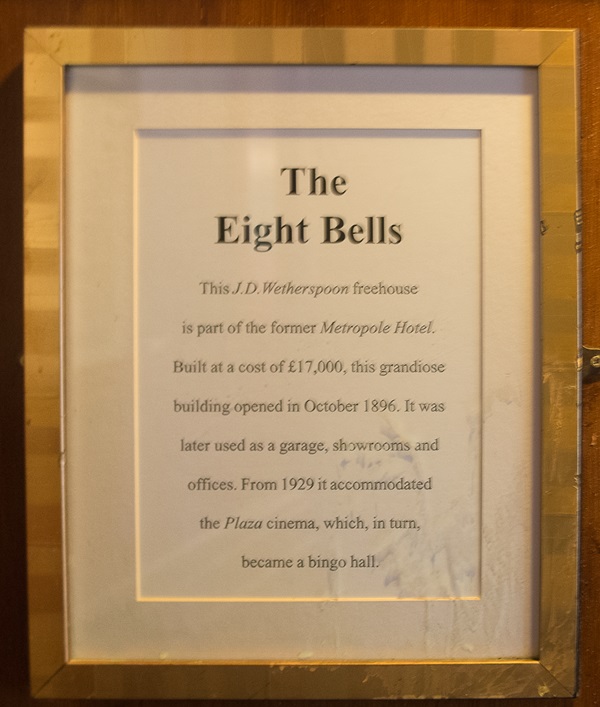
The text reads: This is JD Wetherspoon freehouse is part of the former Metropole Hotel. Built at a cost of £17,000, this grandiose building opened in October 1896. It was later used as a garage, showrooms and offices. From 1929 it accommodated the plaza cinema, which, in turn, became a bingo hall.
Prints and text about Lord Byron.
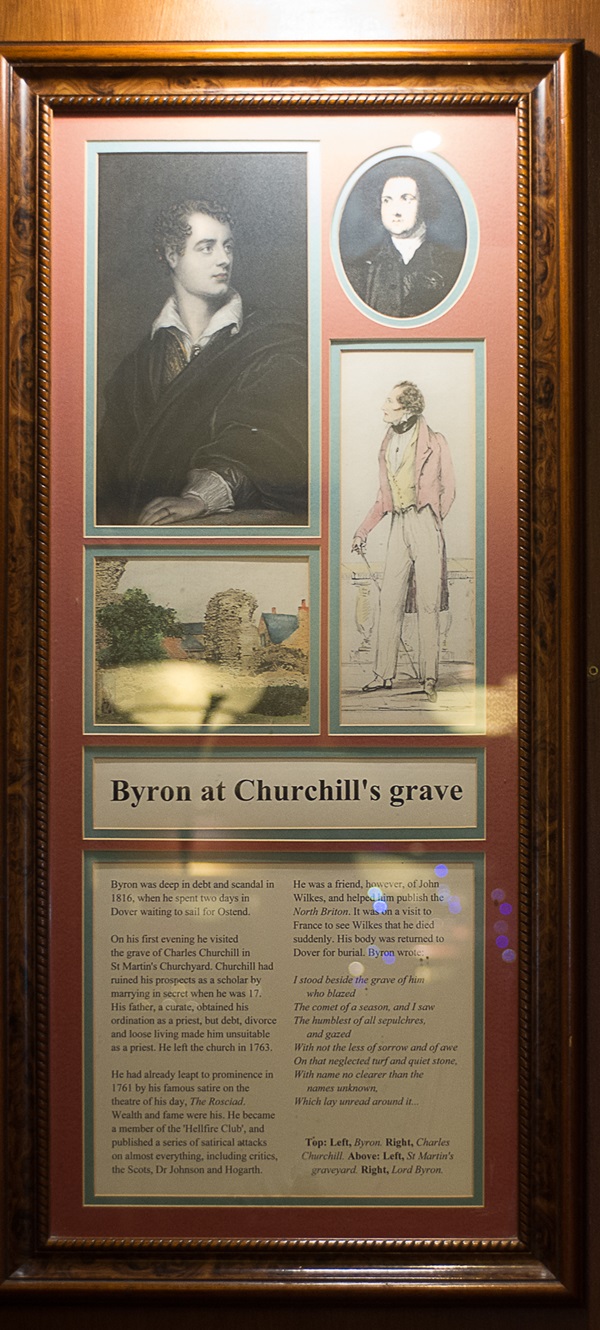
The text reads: Byron was deep in debt and scandal in 1816, when he spent two days in Dover waiting to sail for Ostend.
On his first evening he visited the grave of Charles Churchill in St Martins Churchyard. Churchill had ruined his prospects as a scholar by marrying in secret when he was 17. His father, a curate, obtained his ordination as a priest, but debt, divorce and loose living made him unsuitable as a priest. He left the church in 1763.
He had already leapt to prominence in 1761 by his famous satire on the theatre of his day, the Roseclad Wealth and fame were his. He became a member of the Hellfire Club, and published a series of satirical attacks on almost everything, including critics, the scots, Dr Johnson and Hogarth.
He was a friend however, of John Wilkes, and helped him publish the North Briton. It was on a visit to France to see Wilkes that he died suddenly. His body was returned to Dover for burial. Byron wrote:
I stood beside the grave of him who blazed
The comet of a season, and I saw the humblest of all sepulchres and gazed
With not the less of sorrow and of awe
On that neglected turf and quiet stone,
With name no clearer than the names unknown,
Which lay unread around it.
A photograph of the river, Dover, c1935.
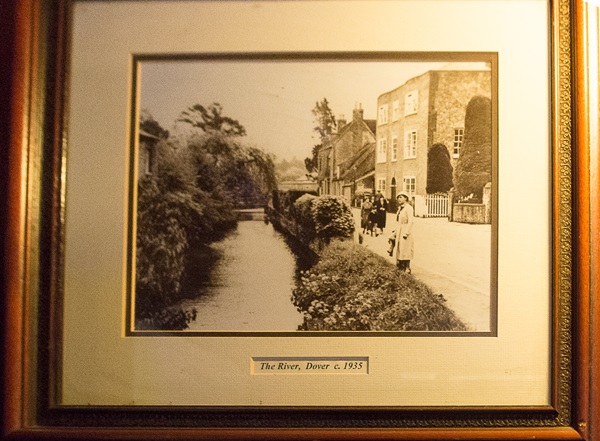
A photograph of Castle Street, Dover, c1905.
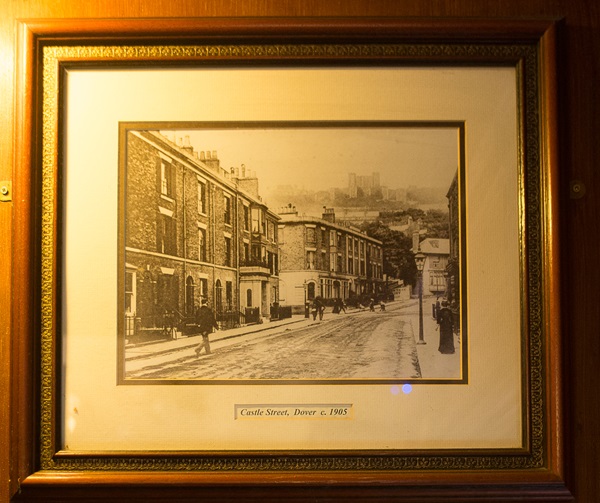
A photograph of Market Square, Dover, c1906.
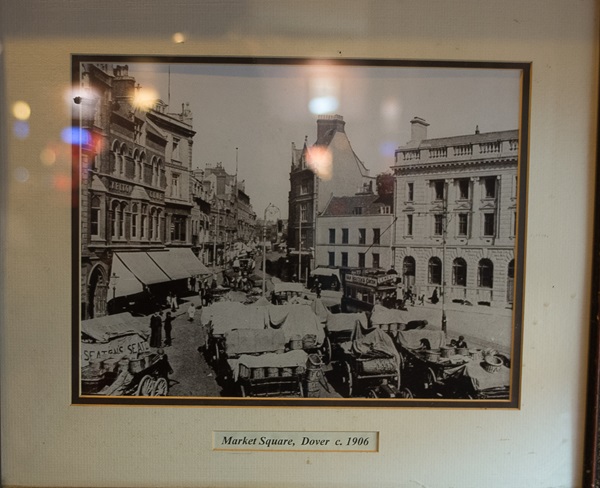
A photograph of Marine Parade, Dover, c1910.
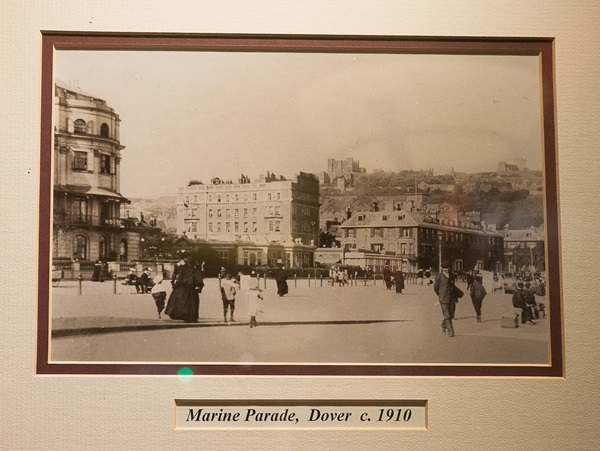
A photograph of Dover, c1910.
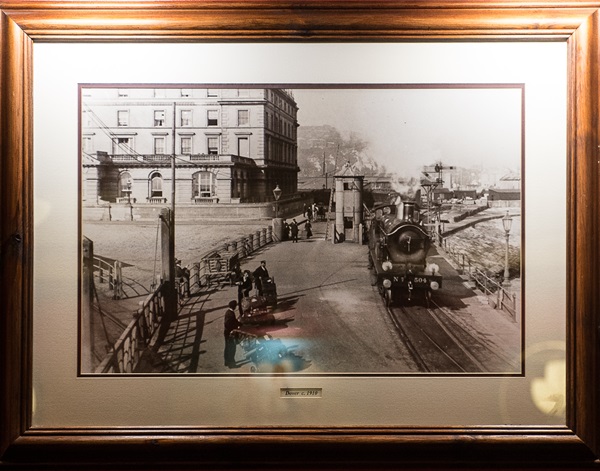
A photograph of Flour Millers, Dover, c1920.
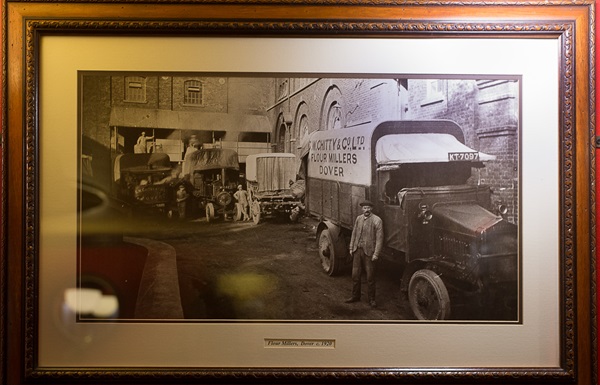
A photograph of the post office and Bench Street, Dover, c1910.
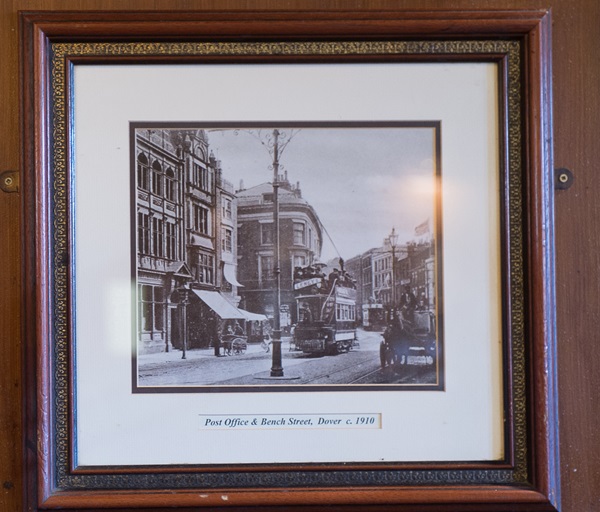
A photograph of Buckland Paper Mills, Dover, c1912.
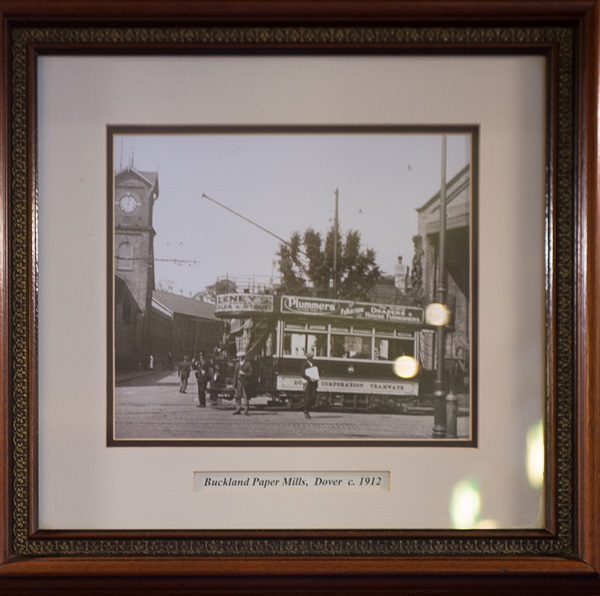
A photograph of Marine Station and Admiralty Pier, Dover, c1910.
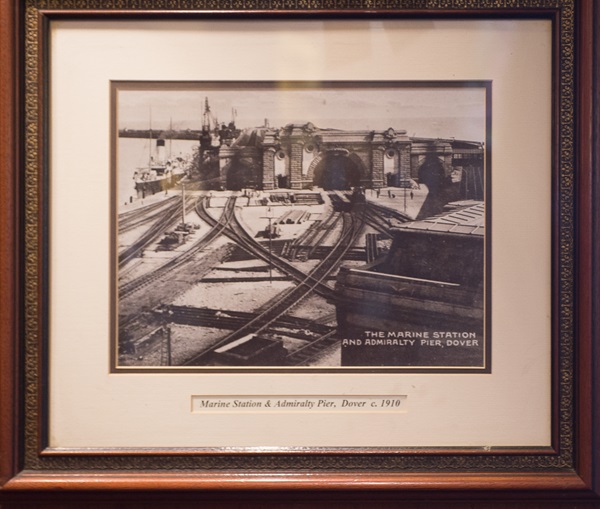
A photograph of Dover, Harbour.
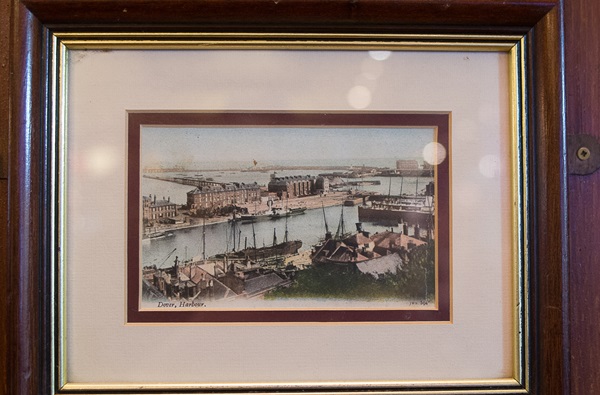
External photograph of the building – main entrance.
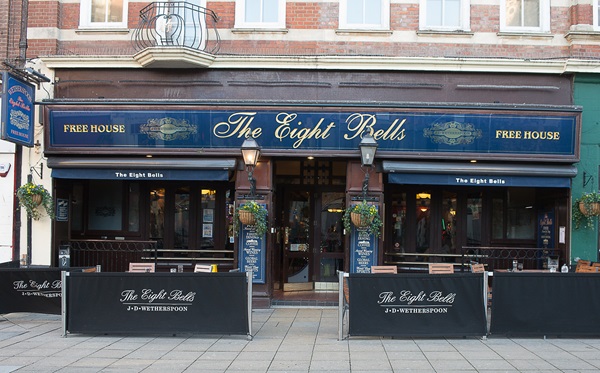
If you have information on the history of this pub, then we’d like you to share it with us. Please e-mail all information to: pubhistories@jdwetherspoon.co.uk